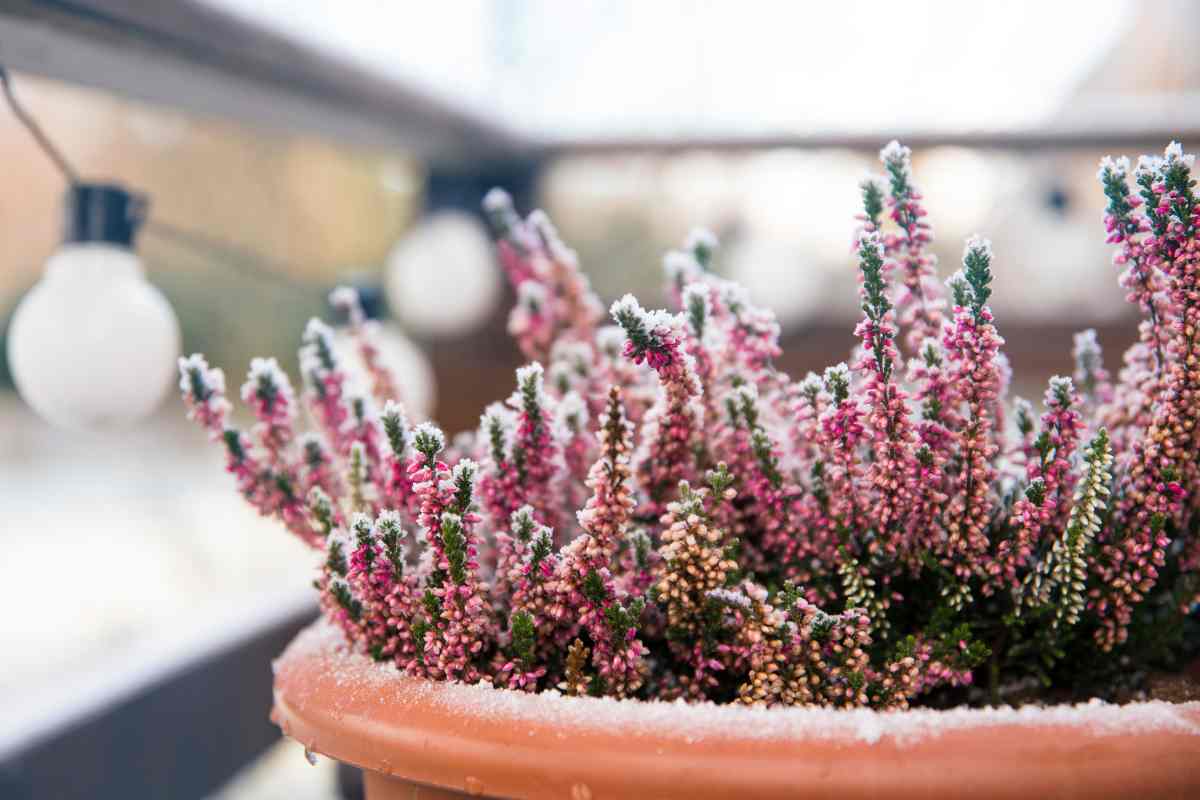
Helpful Garden Tips for the Winter Months
Winter brings the beauty of snow, frosty gardens, and crisp fresh air. Although winter is a beautiful time of year, winter gardening can be challenging for gardeners. The cold temperatures, frost, and snow settle in, and growing and caring for plants in the winter can feel like an impossible task. But with a little creativity, tips, and a few handy hacks, you can still tend to your garden with ease. In this blog post, we’ll share our favourite gardening ideas for winter to keep your garden tidy, eye-catching, and protected for the winter months!
Table of Contents
Use Mulch
One of the best things you can do for your winter garden is to use mulch. Mulch helps the soil retain moisture and protect your plants from the cold winter weather. You can use a variety of organic materials for mulch such as leaves, straw, or pine needles. Just spread a 5 cm (2”) layer of mulch over your garden beds to help protect plants during the winter months.
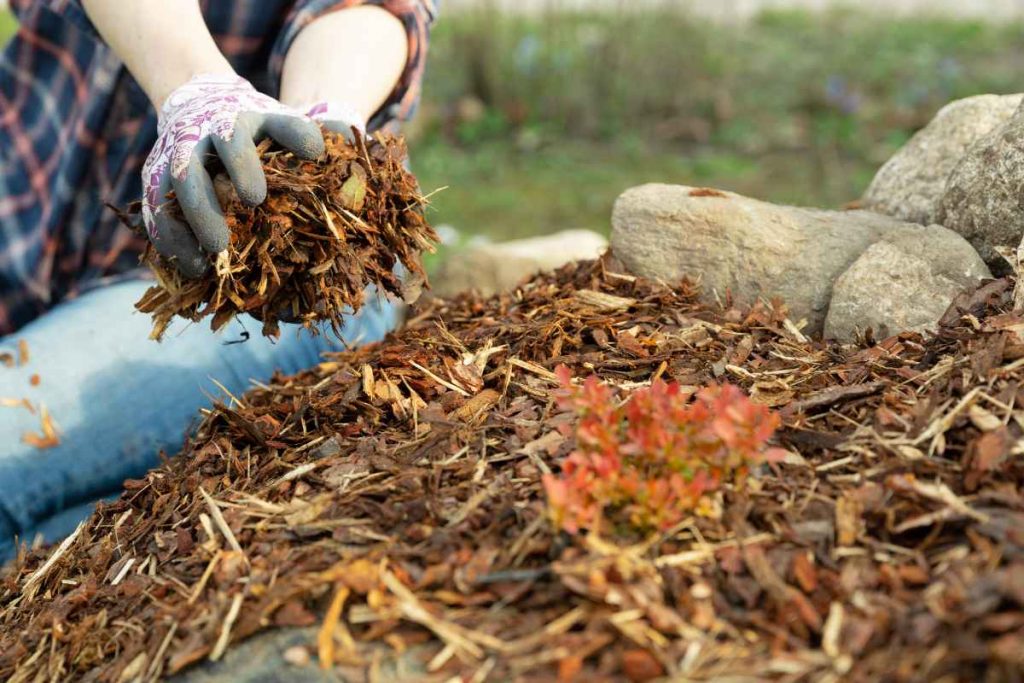
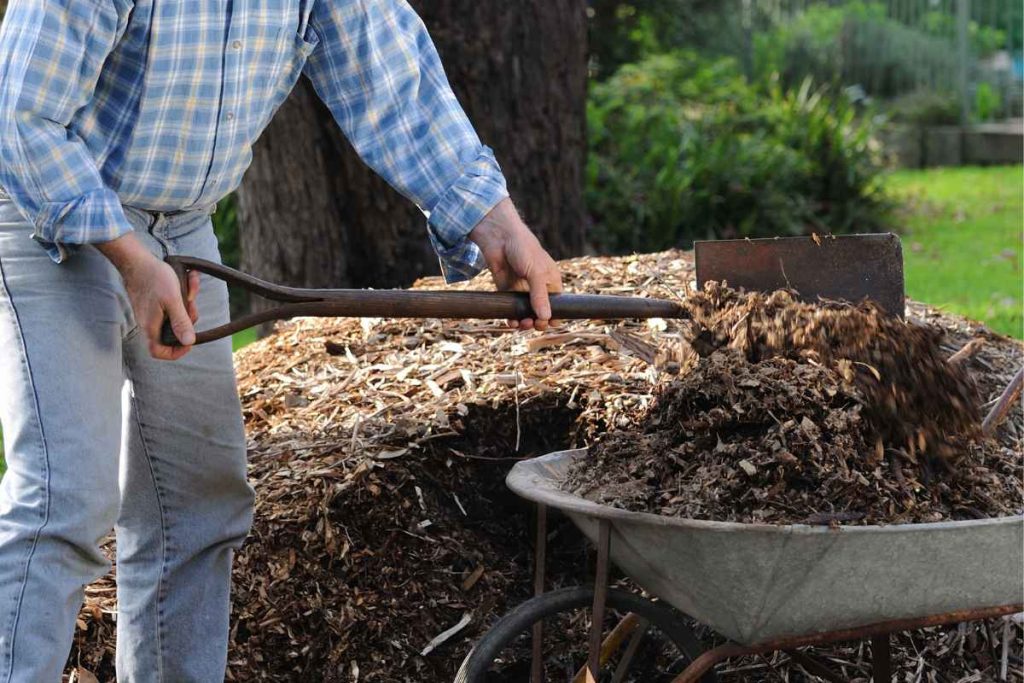
Install or Build a Greenhouse
A greenhouse is an excellent option to keep your plants warm during the winter. Whether it’s a small or large greenhouse, it provides the perfect environment for your plants to grow during the winter. It’s important to regulate the temperature inside the greenhouse by using a heater or thermostat. Even a small unheated greenhouse will have a positive impact on plants that are more sensitive to extreme cold dry winds.
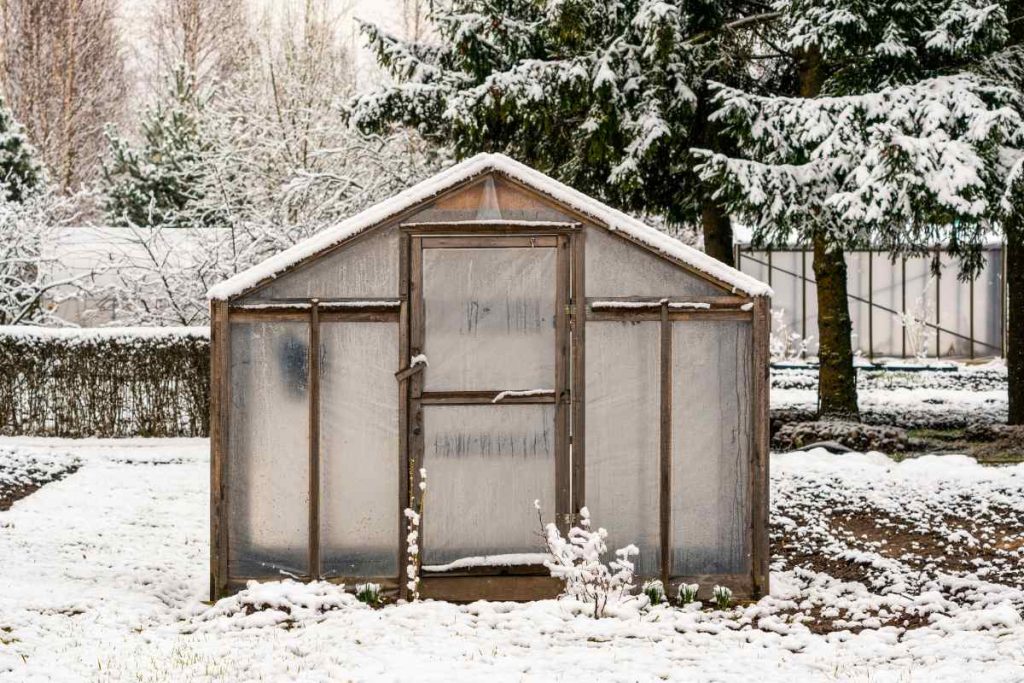
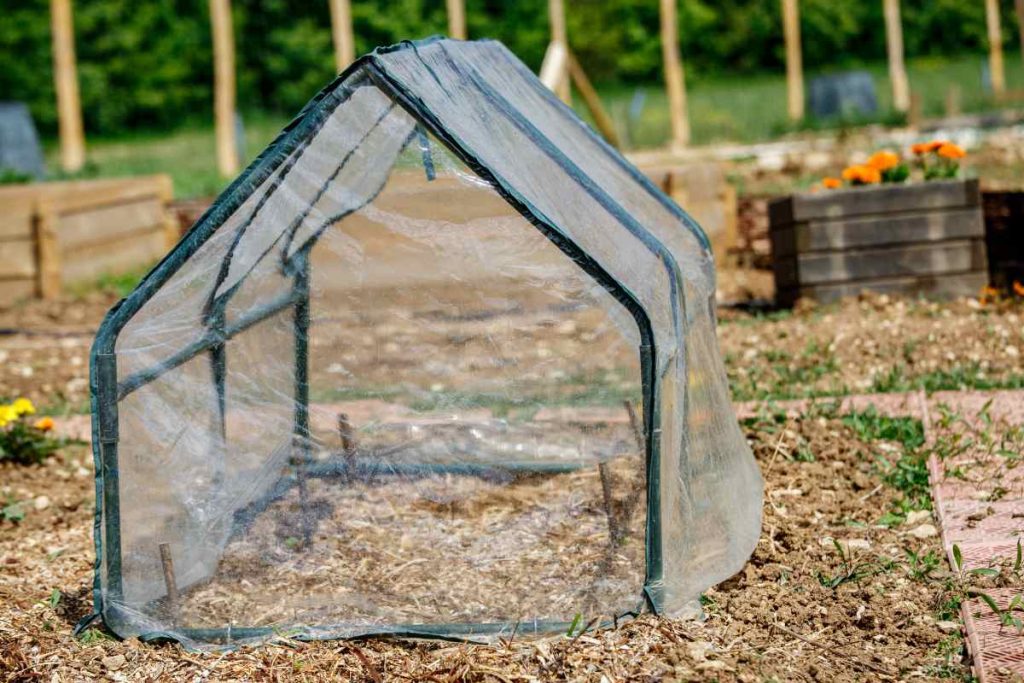
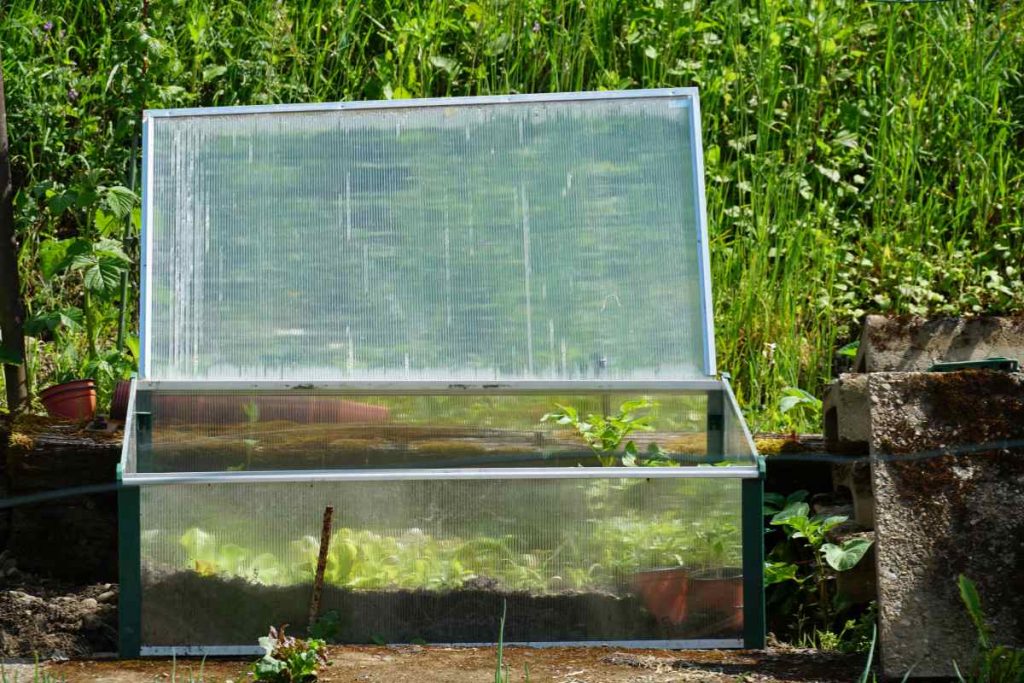
Use Christmas Lights
Winter is the time for festive Christmas lights! Strings of LED lights can provide warmth and light for your plants during the dark winter months. Simply wrap the lights around your plants or shrubs to help them survive through the winter. This is also very helpful to add light to your outdoor space for safety and visibility and a touch of seasonal magic to your outdoors.

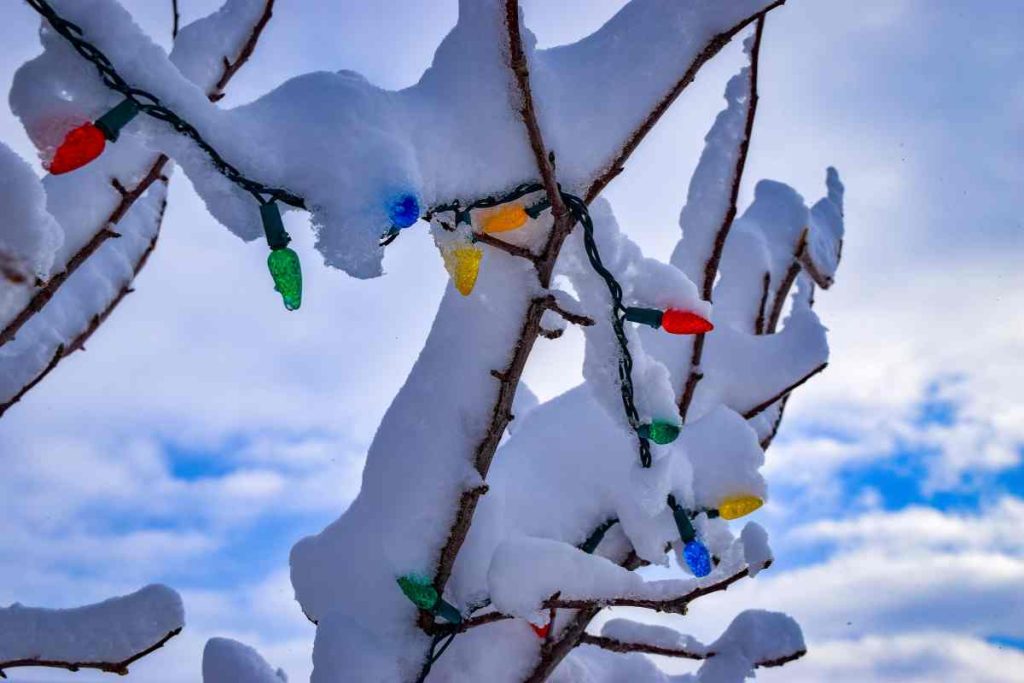
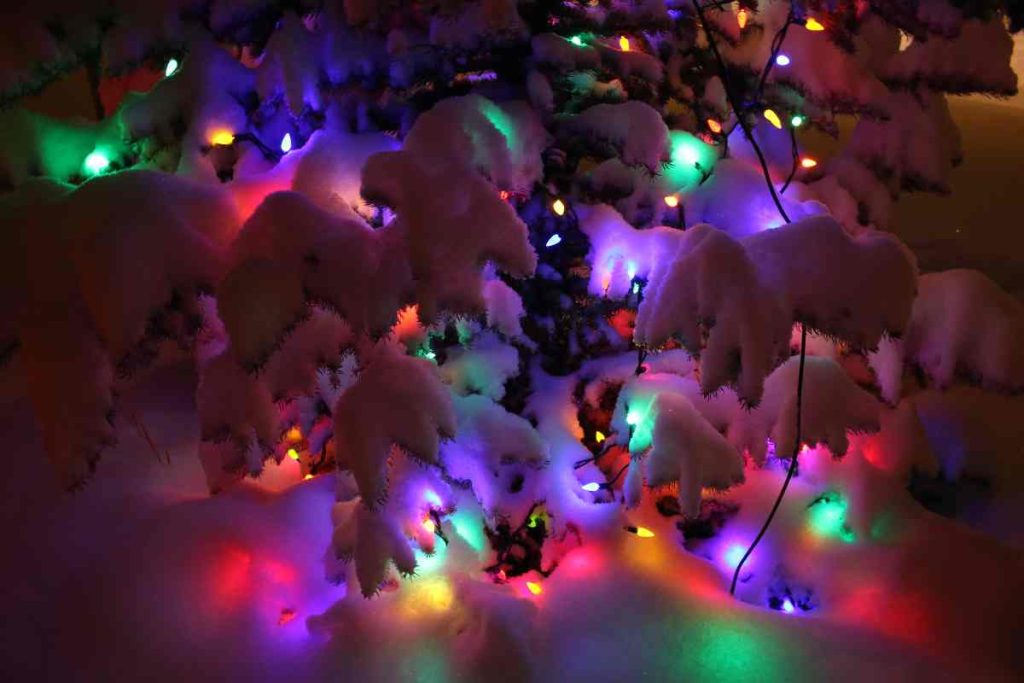
Cover Your Plants
Some outdoor plants may tolerate unpredictable cold weather, but for those that are more sensitive to extreme cold fluctuations, you can still give them some extra protection. Certain plants such as Japanese maples, boxwoods, and junipers are especially vulnerable to the cold. Wrap your shrubs with protective cloth or burlap and secure with string, to provide an extra layer of insulation. Wrapping your shrubs reduces moisture loss, prevents damage due to deer, and will protect them from damage due to snow and ice.
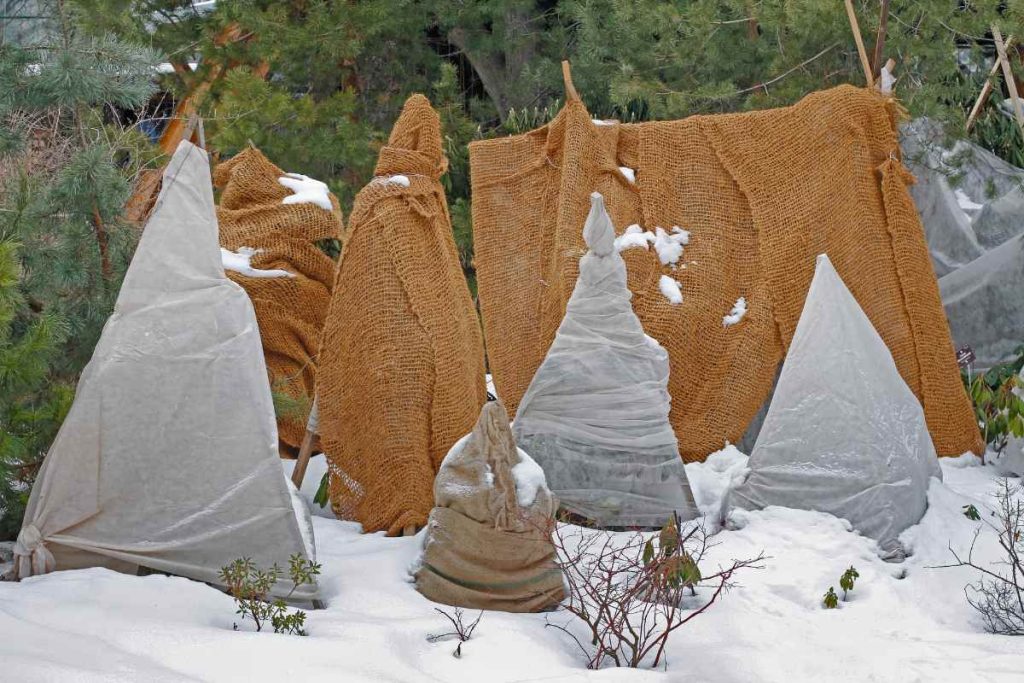
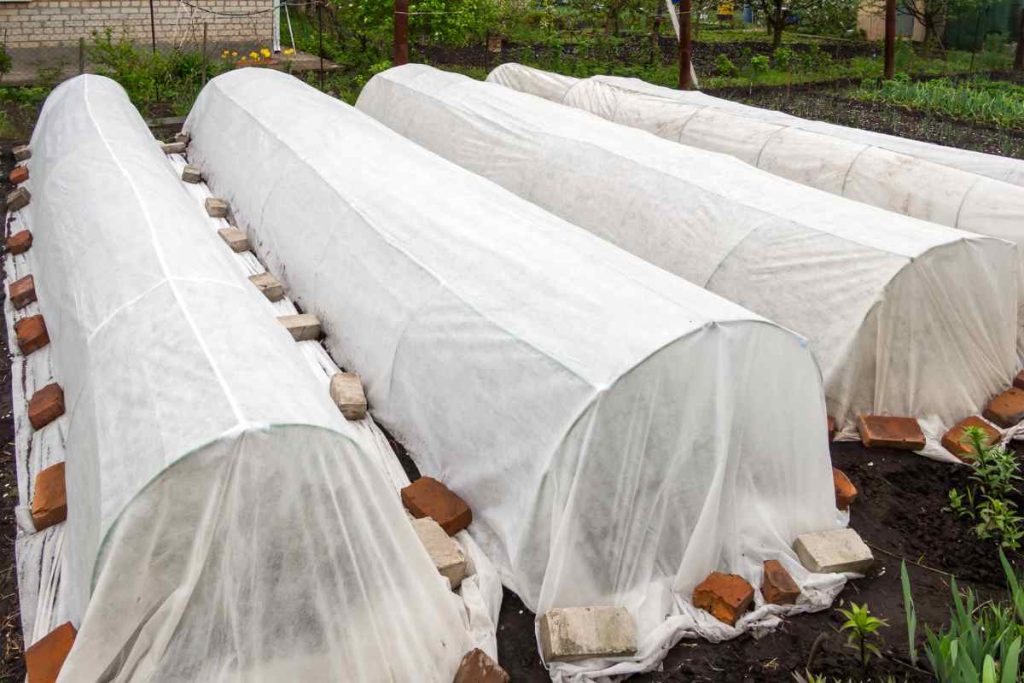
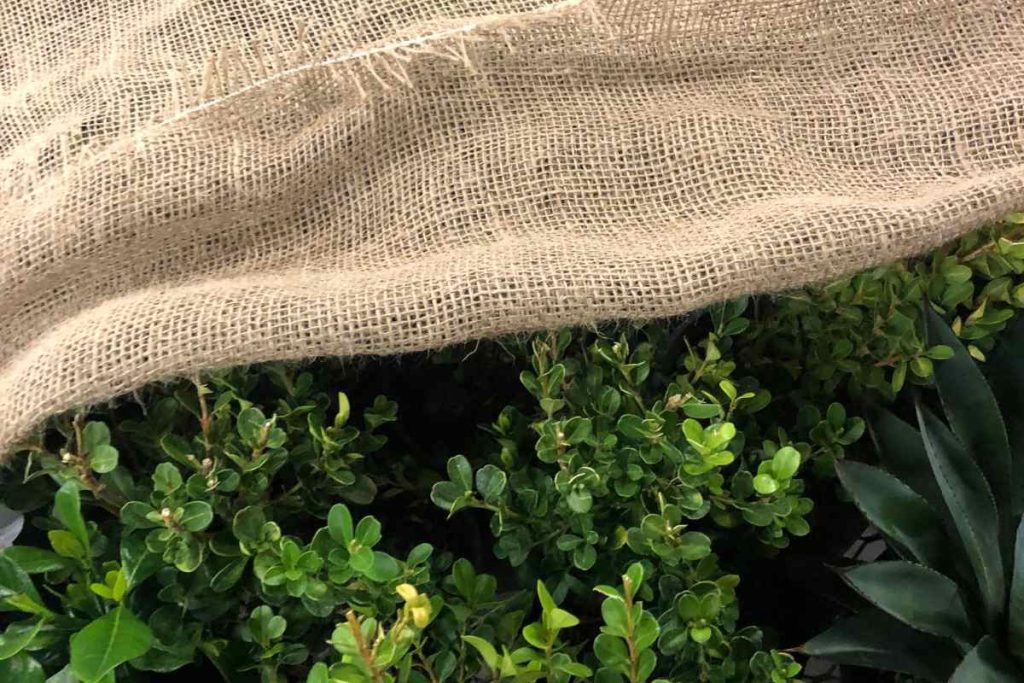
Tip:
Perennials, shrubs and trees are cold hardy to different temperature zones. Click here to learn which zone you reside in.
Protect Plants in Containers
Containers are great for planting. To protect your bulbs and plants in colder climates where freezing is an issue, place pots in protected areas, such as against a house foundation or inside a garage, shed, or carport until sprouts emerge in early spring. Make sure to check your containers periodically to ensure the soil stays damp and water when needed.
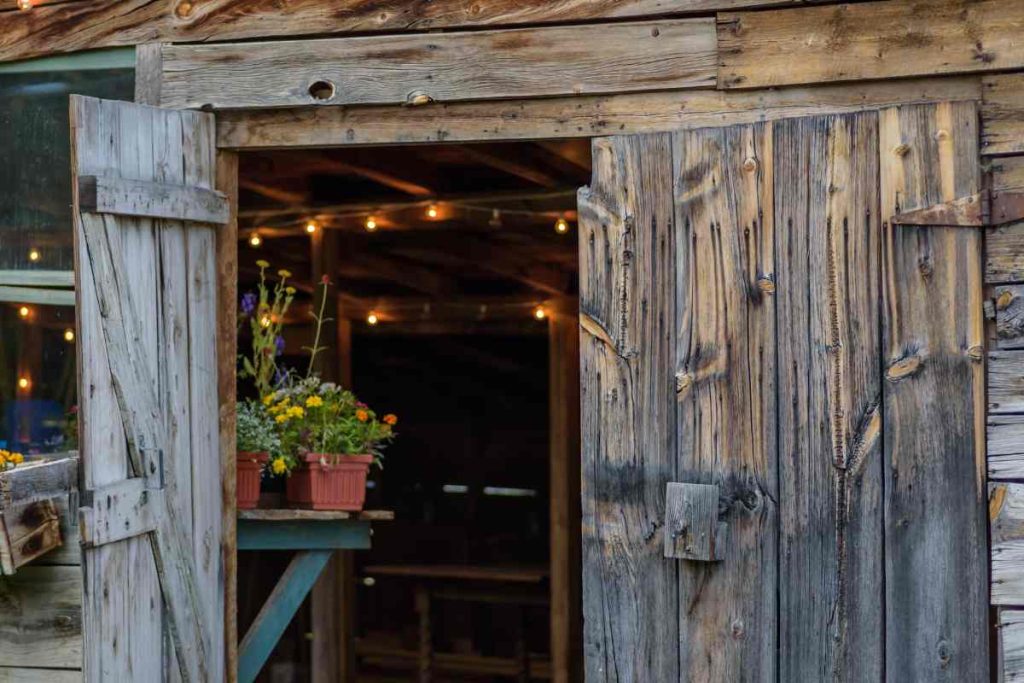
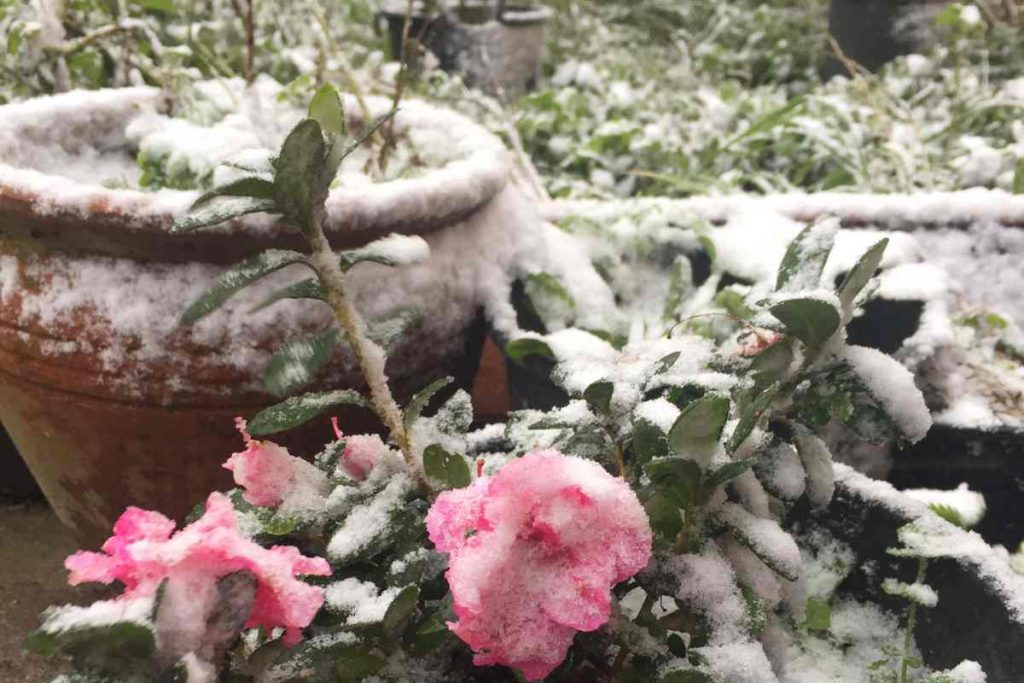
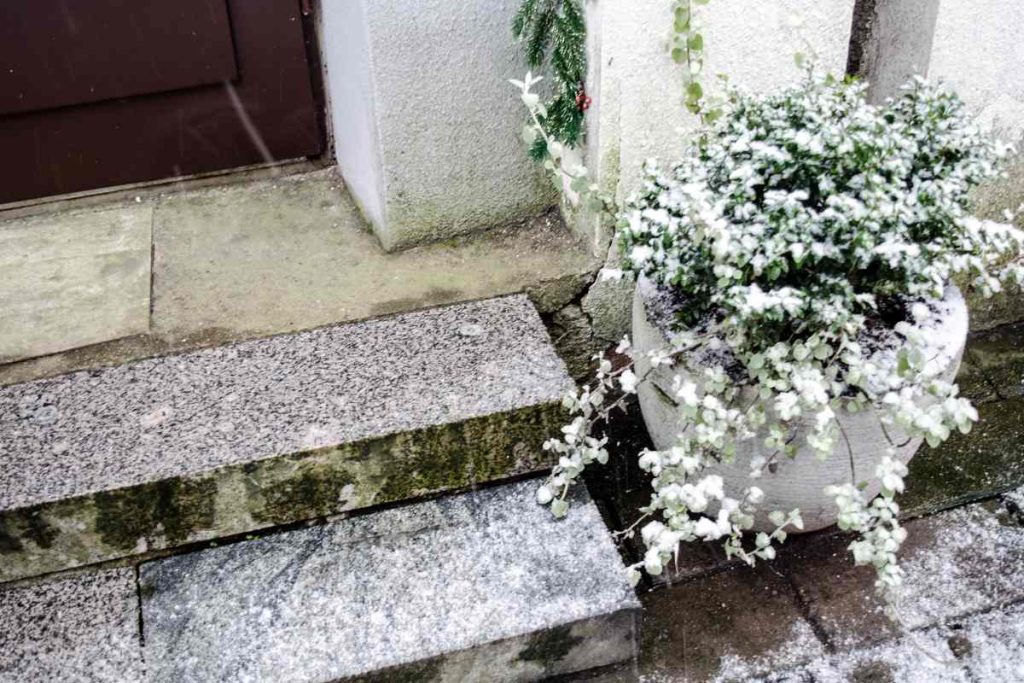
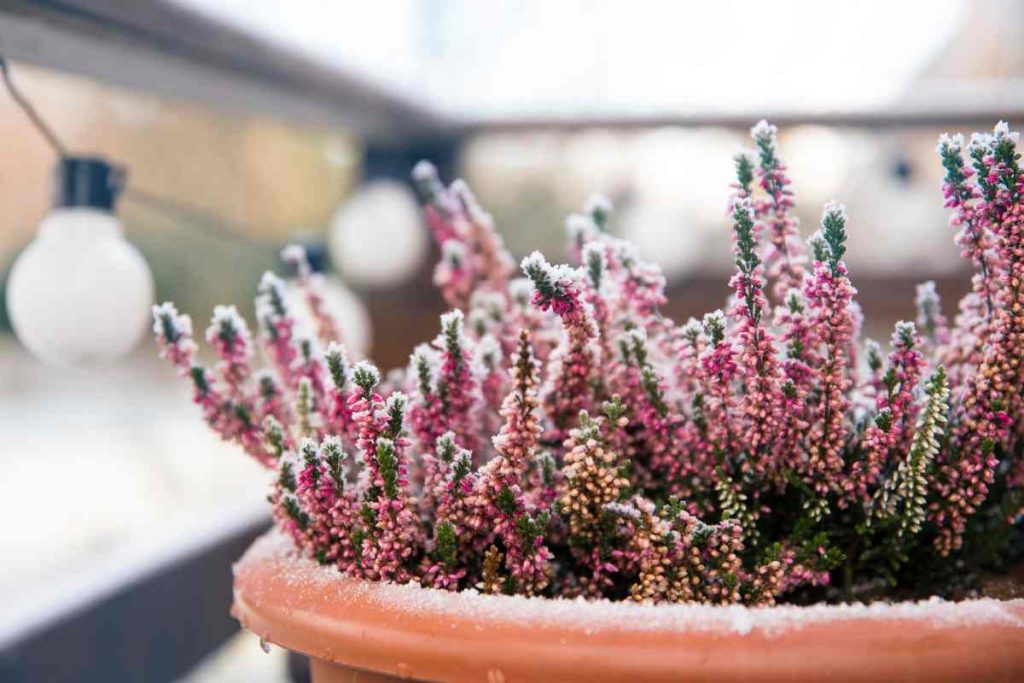
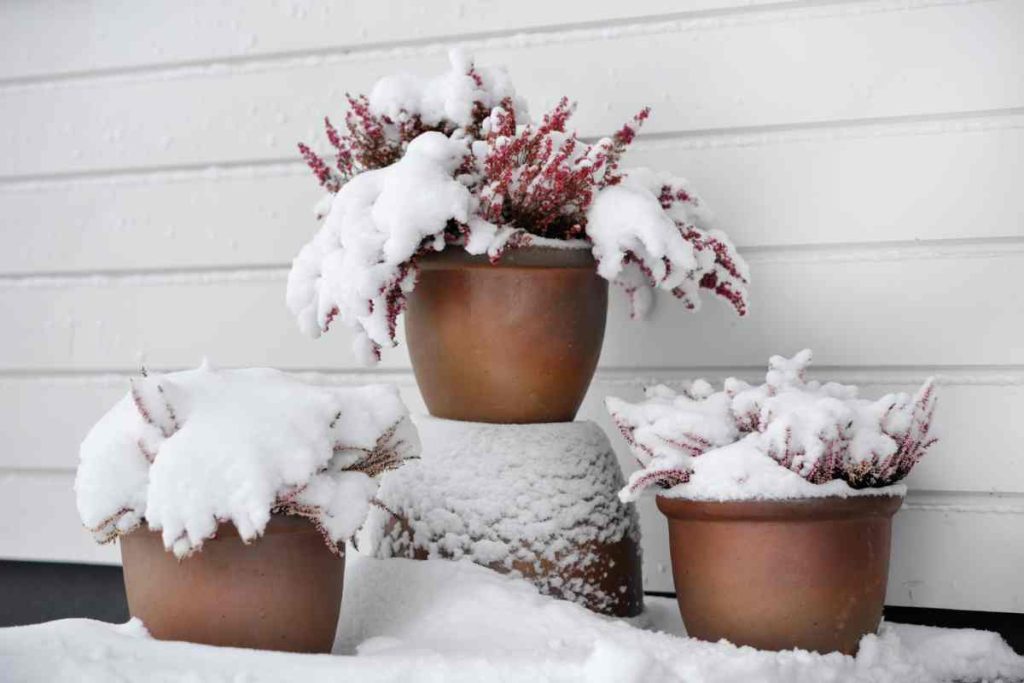
Grow Winter Vegetables
Just because it is winter doesn’t mean you can’t grow vegetables. Your garden doesn’t have to take a pause just because the weather is unfavourable. There are plenty of winter-hardy vegetables that you can plant that will thrive in the colder months. Some great options include kale, broccoli, carrots, radishes, brussels sprouts, and leeks. These vegetables can be used in a variety of recipes and are also packed full of vitamins and nutrients that will keep you healthy during the winter months.
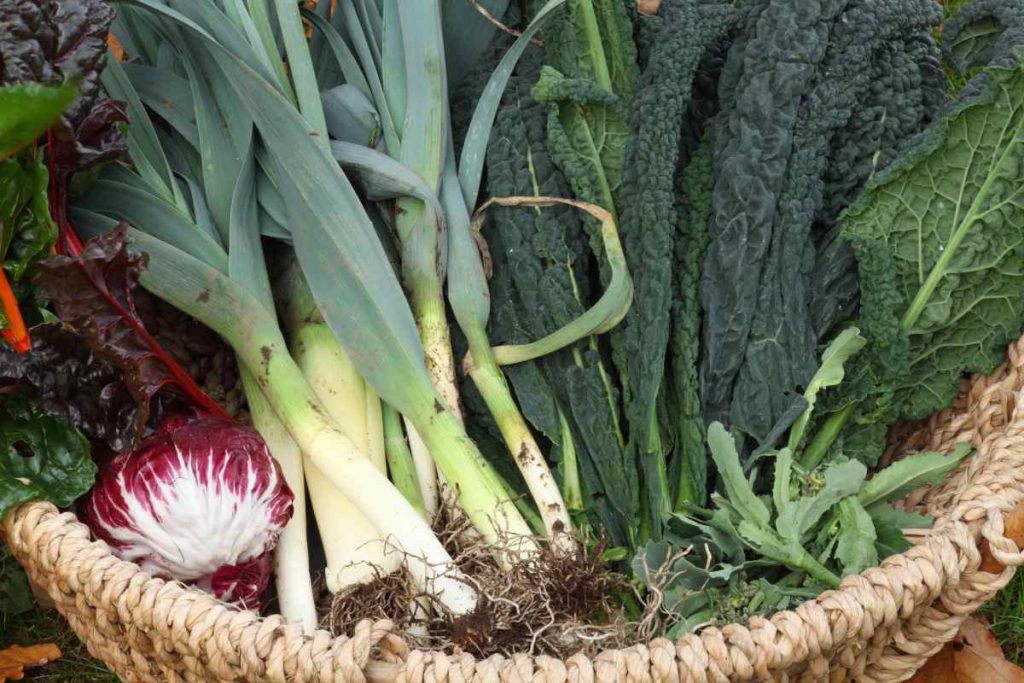
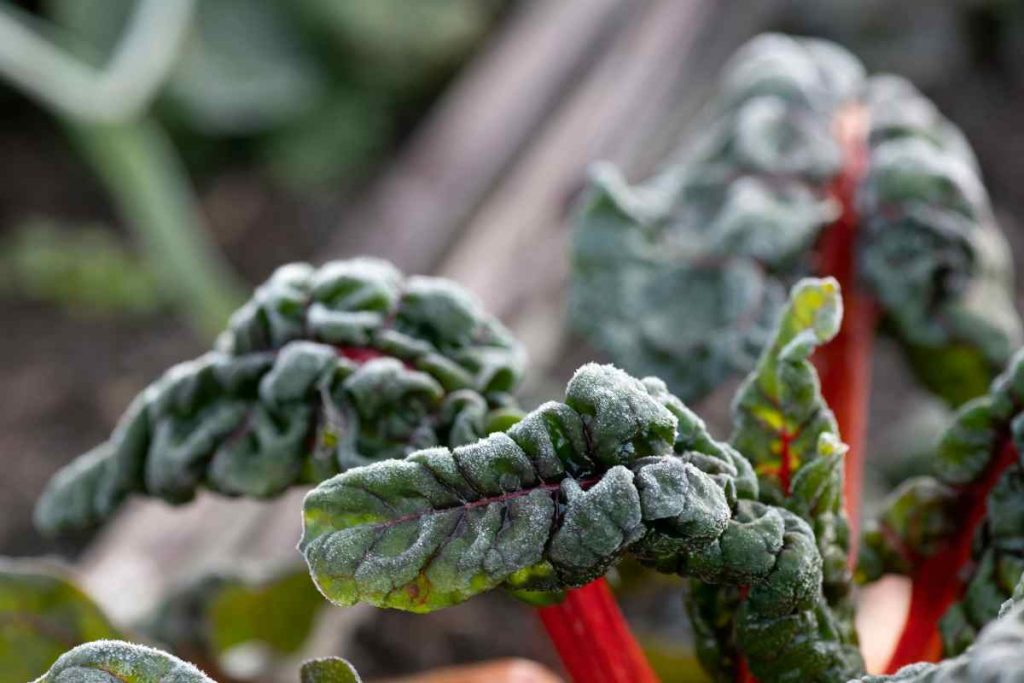
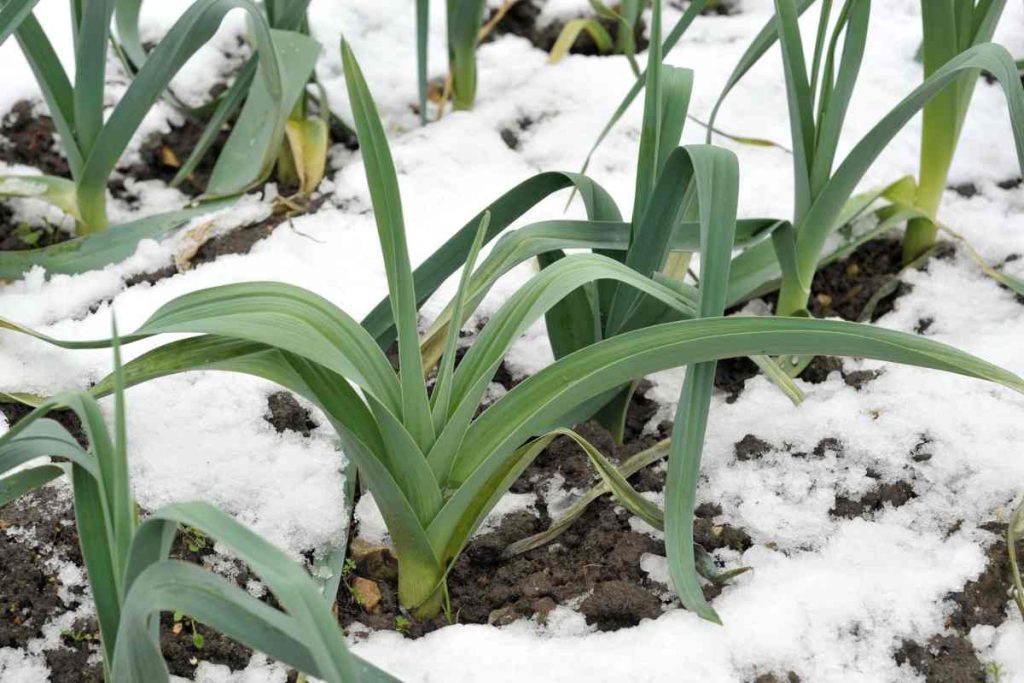
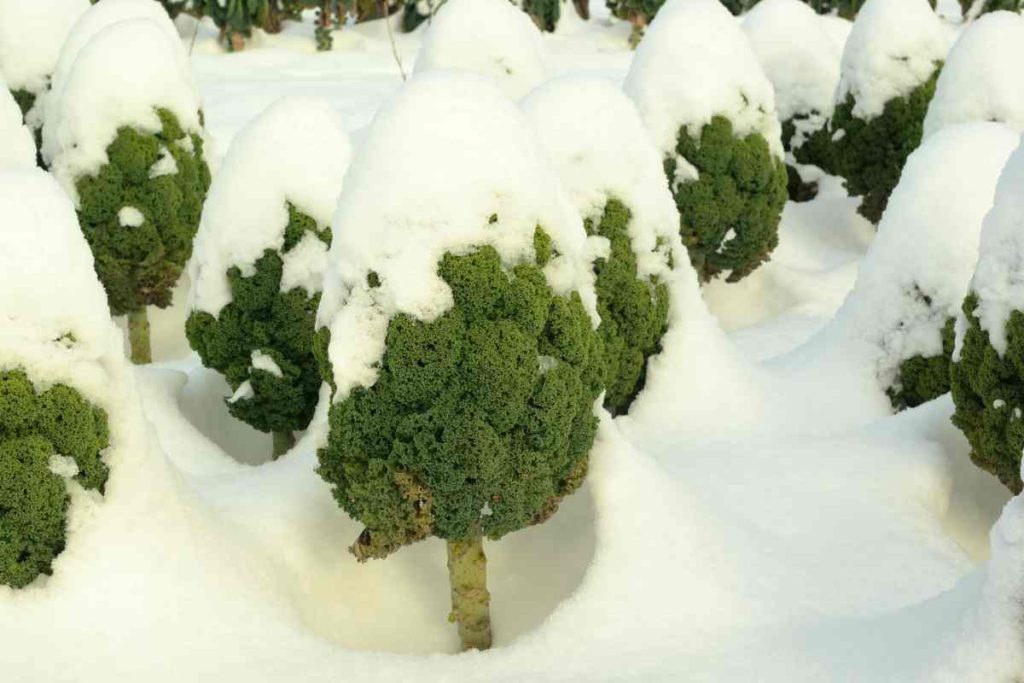
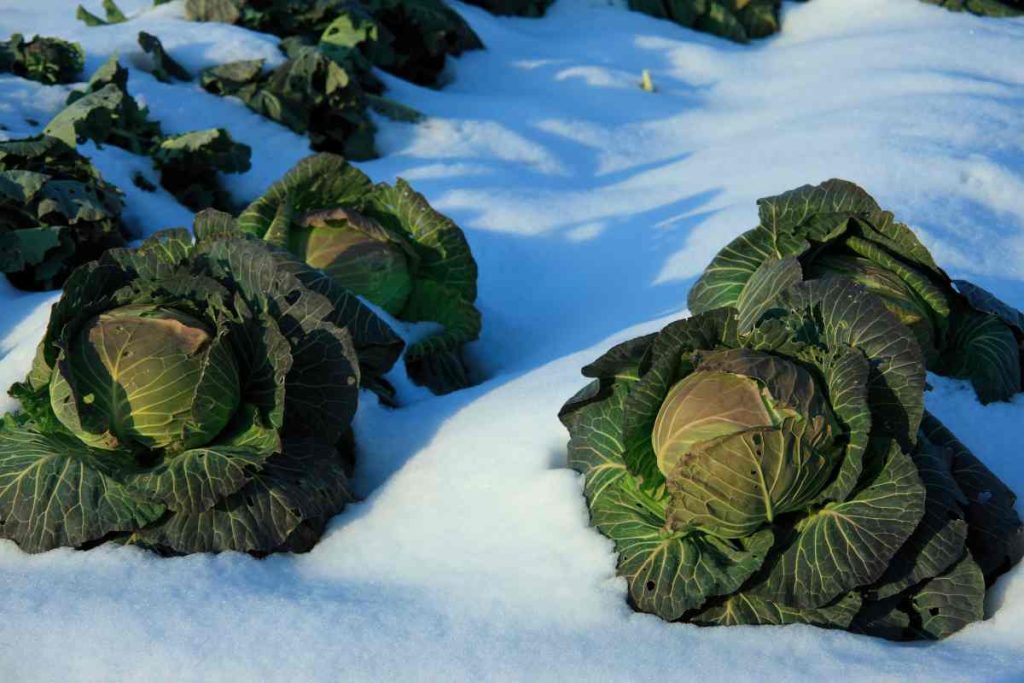
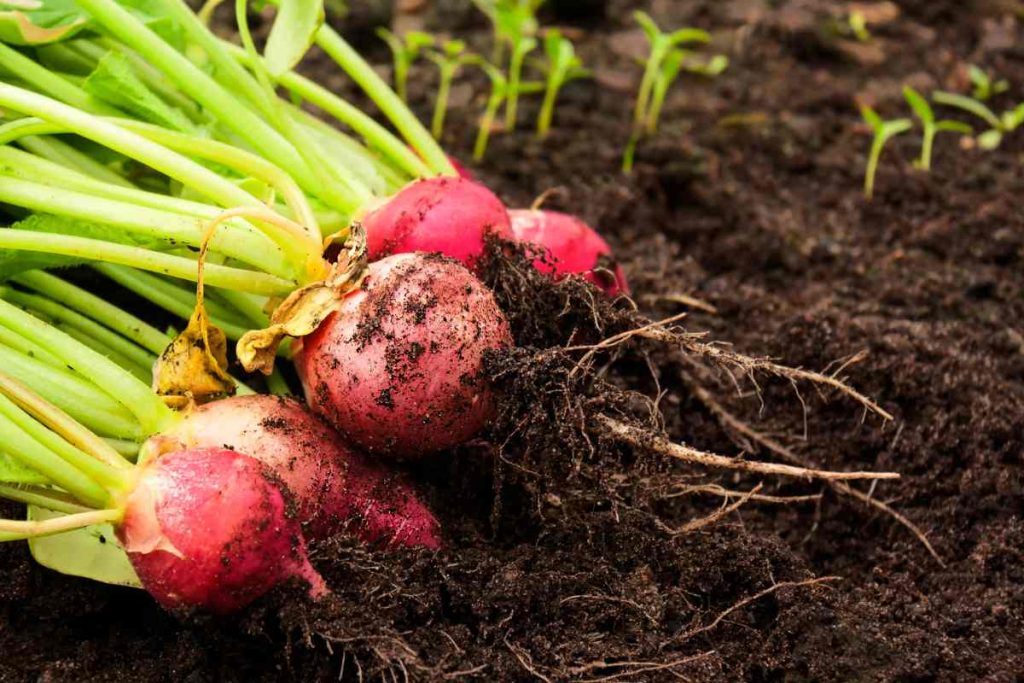
Create a Compost Heap
A compost heap is a great way to produce nutrient-rich soil for your garden. During the winter months, you can add any leftover vegetable scraps or fallen leaves to your compost. Over time, the compost will break down and create a rich, nutrient-filled soil that your plants will love. In the spring, the well-rotted compost will be perfect for adding to your soil as a nutrient-rich fertilizer!
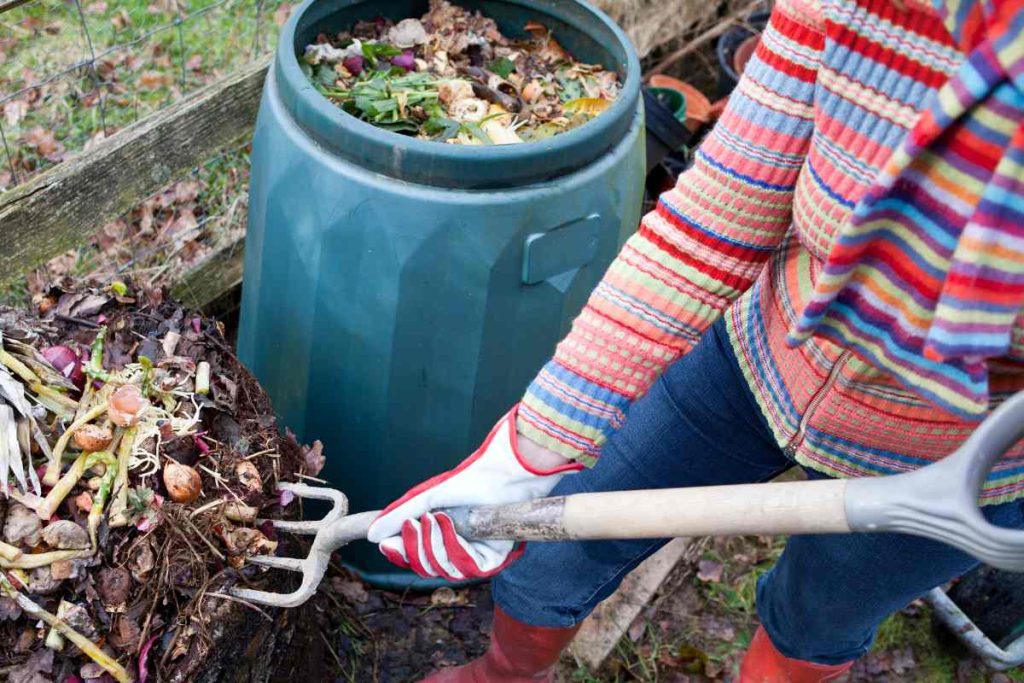
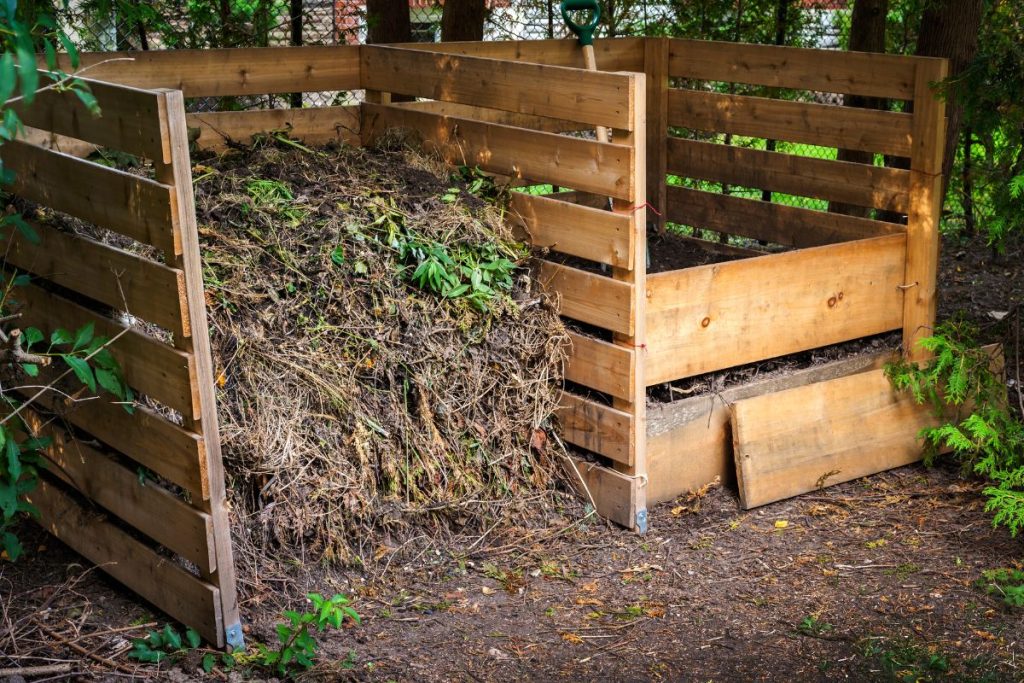
Allow Perennials to Go to Seed
Perennial plants are a great addition to any garden or landscape. Did you know that they can provide valuable food sources for birds during the winter months? By letting your perennial plants go to seed, you can help provide food for your local birds. There are many different types of perennial plants that produce seeds that birds love to eat. Some popular options include coneflowers, sunflowers, and black-eyed susans. These plants not only add visual interest to your garden during the spring through to fall, but they also attract a variety of bird species with their tasty seeds.
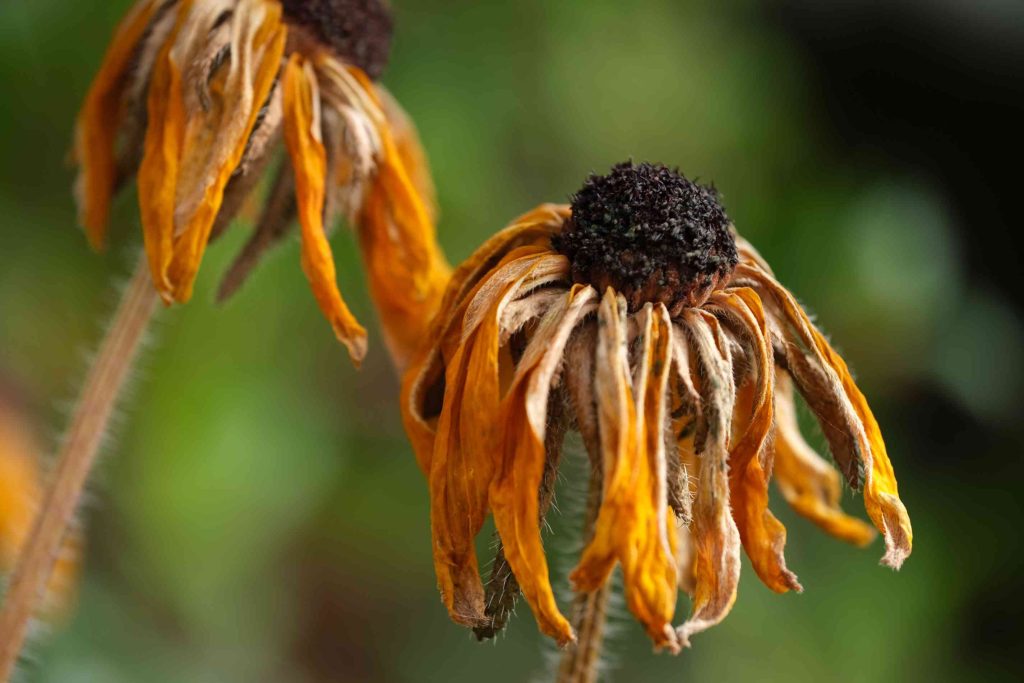
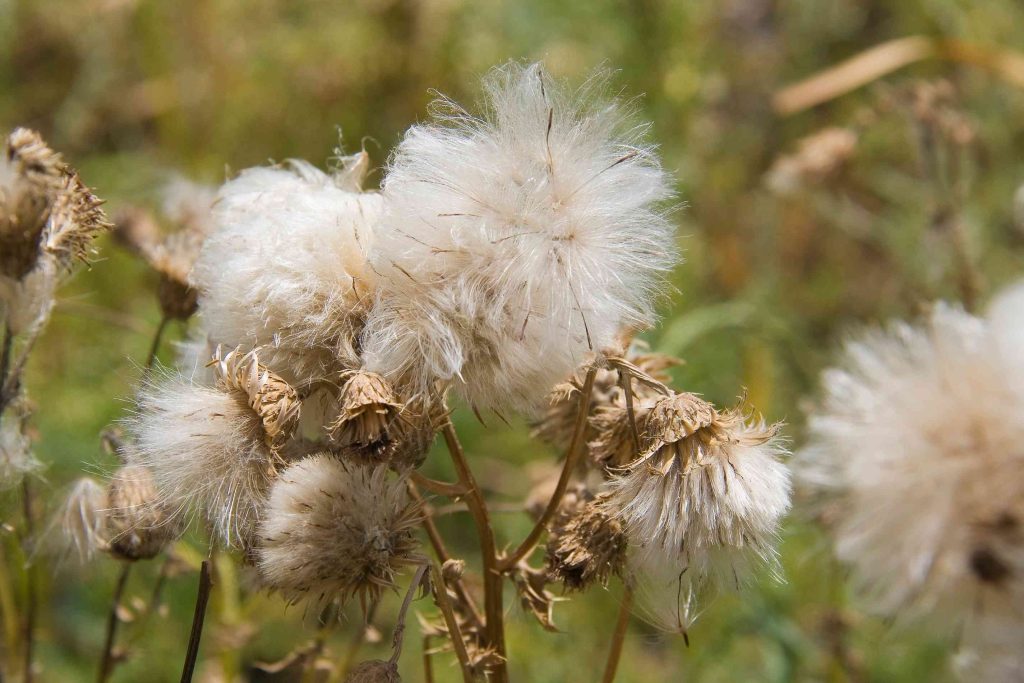
Look After the Birds
Birds are a benefit to our gardens in maintaining insect populations and watching birds during the winter can be an absolute delight. As temperatures drop and food becomes scarce, it is important for bird lovers to know how to take care of their feathered friends. Winter care will keep your feathered friends flocking to your yard, and happy throughout the season. Winter bird care can be as simple as providing birdhouses, stocked feeders, non-frozen water sources, and nesting materials.
There are easy, low-effort, tasks you can do to help your local bird populations during the cold winter months. Providing a birdhouse provides them with a shelter where they can escape the cold, rain, and snow. A bird feeder and suet bird seed balls can be an excellent way to provide birds with the nutrients they need during winter. Food sources can be scarce, especially during extreme winter temperature drops, which can be challenging to birds’ health. Check out our Guide to Feeding the Birds in Winter.
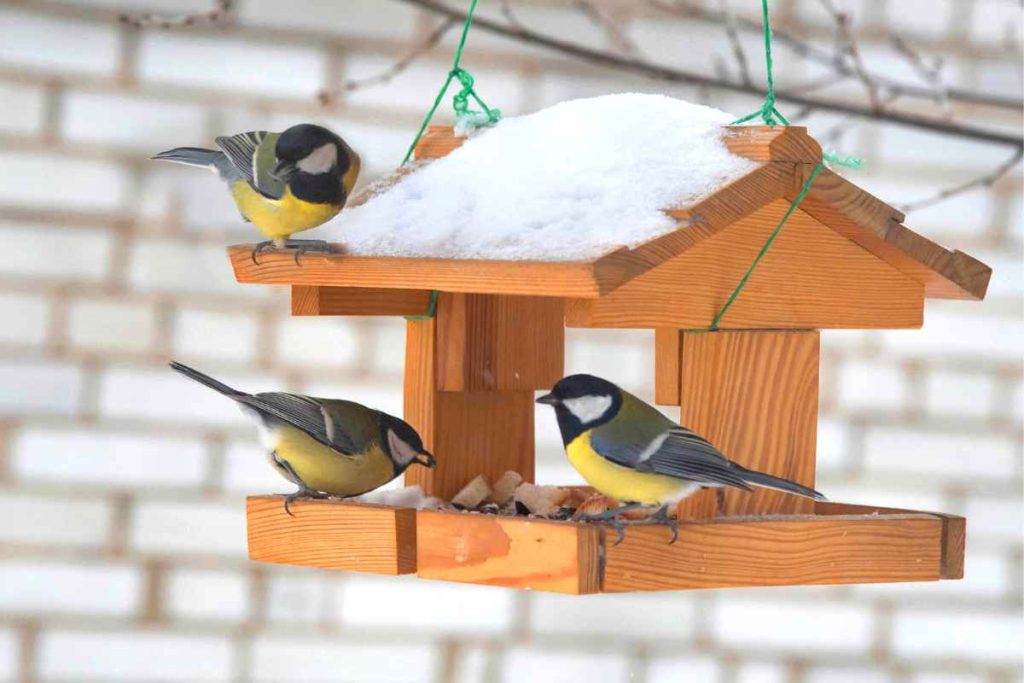
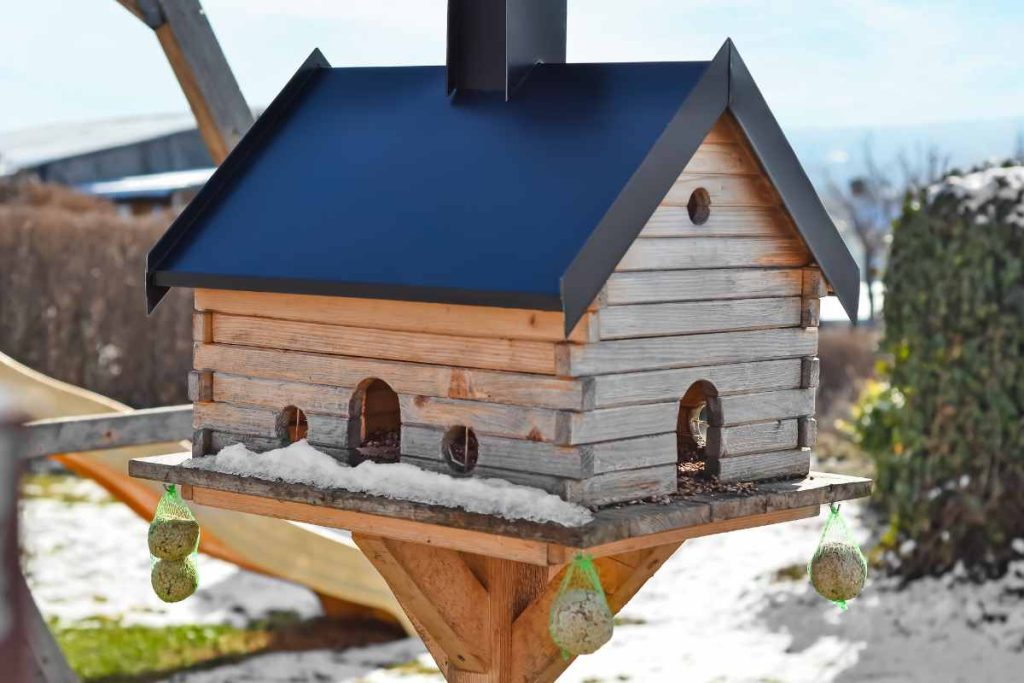
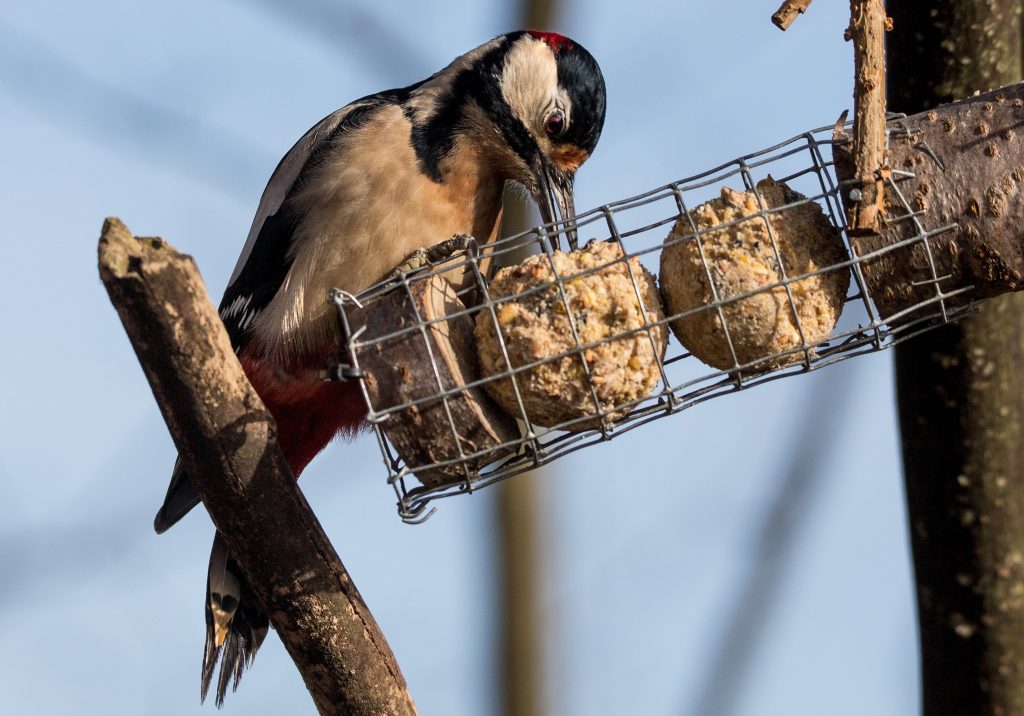
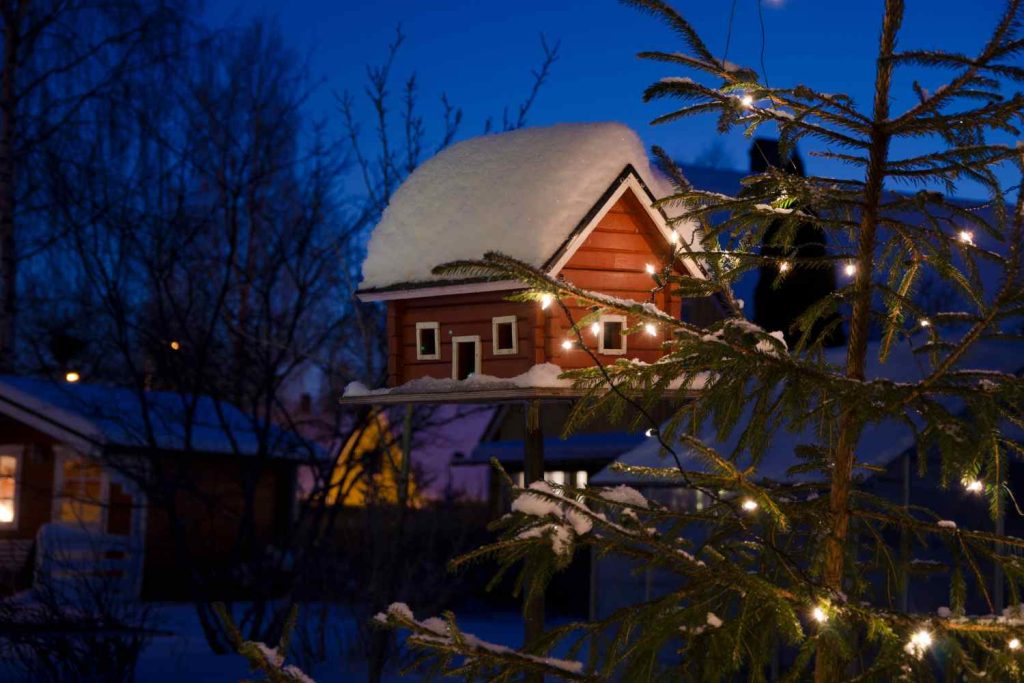
Likewise, water sources can be hard to come by during the winter. Keeping a heated birdbath can help birds get access to clean water in freezing temperatures. It’s important to ensure that water sources are kept clean and free from ice. You can assist birds by providing nesting material like twigs, dry grass, moss, and wool. These materials can also serve as insulation for birds to keep warm from freezing temperatures.
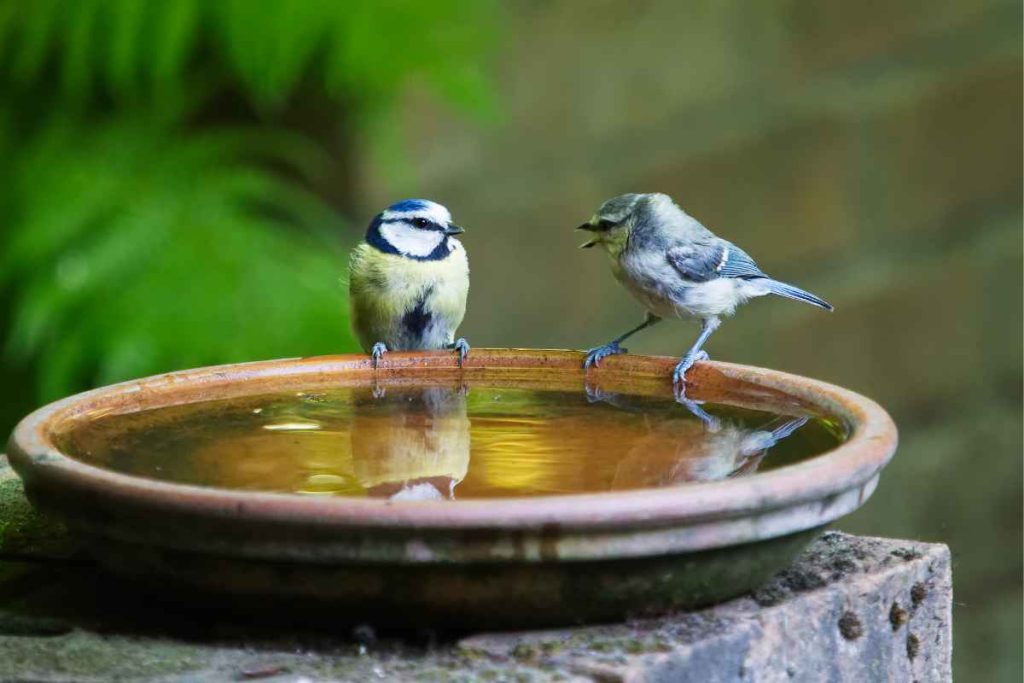
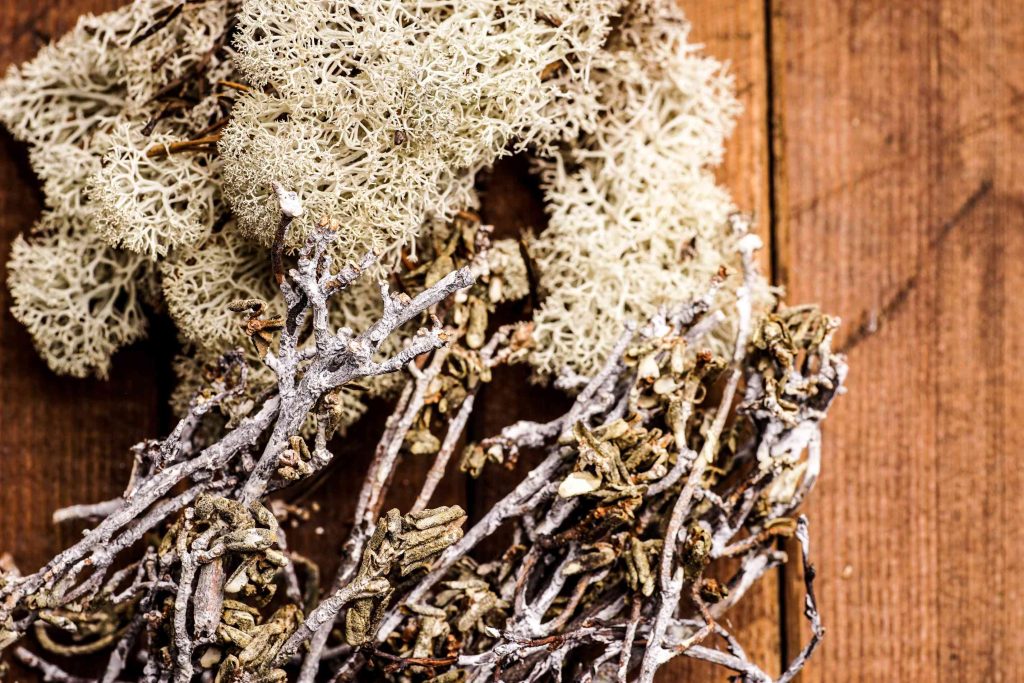
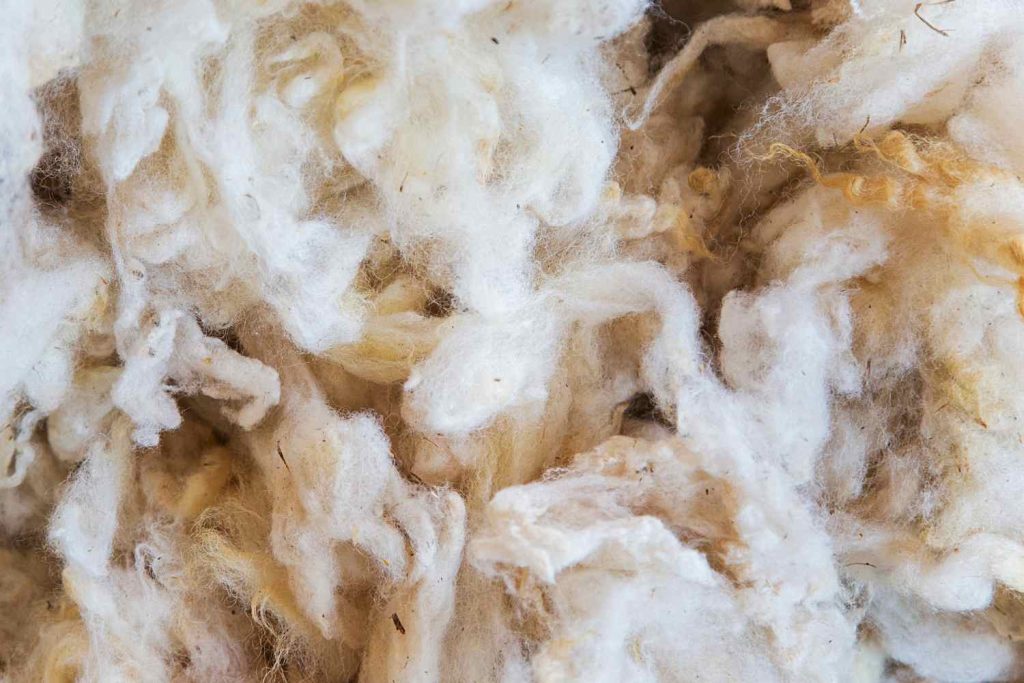
Even though the winter months can be tough for gardeners, there are plenty of handy and innovative hacks that can help you keep your garden thriving! From using mulch, adding lights, and growing winter vegetables to creating a compost heap, there are plenty of ways to keep your garden looking beautiful and healthy during the colder months. So don’t let the change in weather deter you, try out these hacks and enjoy your garden all year round.
For information on how to prepare your garden for winter, check out our blog Top 10 Things to Prepare Your Garden for Winter.


